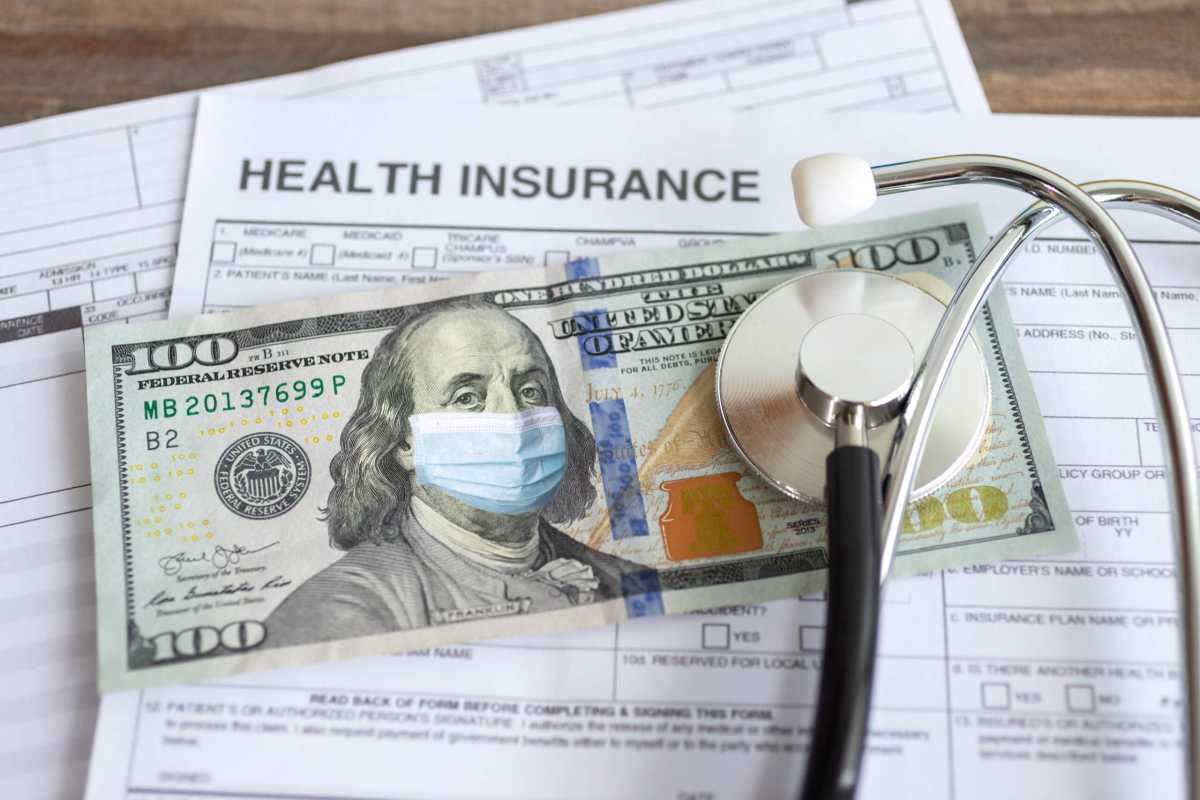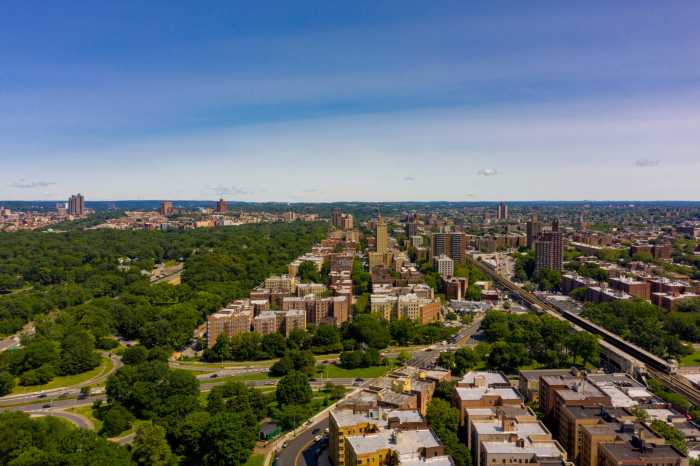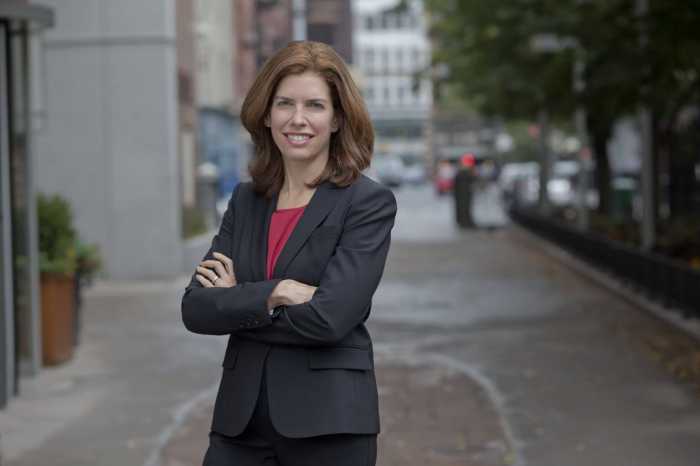By Davon Russell, President, WHEDco
Even before the start of the pandemic, which has laid bare long-standing racial and economic inequities in the city’s healthcare system, New Yorkers from low-income and under-resourced communities have been experiencing a coverage and affordability crisis.
Nowhere is the problem of healthcare access and affordability more acute than in the Bronx, which has the nation’s highest poverty rate (26.2 percent), a per capita income of $21,778, and a large population of immigrants, many of whom are uninsured. We know that adequate health coverage can contribute to a reduction in mortality and morbidity and can greatly reduce poverty. And expanding access to this vital source of health and financial security to our most vulnerable community members – especially amid the current health emergency – is not only key to people’s survival, but also good public policy that is essential to addressing vast inequities in health and wealth.
Helping South Bronx residents navigate the complexities of the healthcare system and access the health coverage and care they need is just one of many services the Women’s Housing and Economic Development Corporation (WHEDco) provides. The community development organization was the brainchild of Nancy Biberman, a pioneering legal services attorney who early in her career represented tenants, immigrants and women experiencing domestic violence before turning her sights on creating permanent solutions to the housing crisis plaguing the city’s poor.
Founded in 1992, WHEDco has raised millions of dollars to create new affordable housing that anchors and supports Bronx communities. From the start, WHEDco saw that housing alone was not enough to support healthy communities, and thus invested in childcare, youth education, job creation and other social services, all in support of its mission to create thriving and healthy neighborhoods.
Through WHEDco’s Family Support and Counseling Services, South Bronx residents gain access to critical public benefits and are linked to resources and care that support their families. Each year, WHEDco connects more than 3,000 individuals and families to physicians, mental health counselors, nutritionists, employment assistance, emergency food and early-childhood education programs.
One program that makes a big difference for people who struggle to navigate the healthcare system in New York City is the Managed Care Consumer Assistance Program (MCCAP). MCCAP offers clients a place to turn so they don’t have to contend with the challenges that sometimes emerge when navigating the insurance and healthcare system on their own. The program first started in 1998 as a model consumer assistance program funded by the City of New York. Between 1998 and 2010, MCCAP served more than 140,000 residents in all five boroughs through a network of 26 Community Based Organizations (CBOs) led by the Community Service Society (CSS). The program was dismantled in 2010 when City Council funding was eliminated for Fiscal Year 2011. In 2019, thanks to the leadership of Speaker Corey Johnson, Finance Committee Chair Daniel Dromm, Health Committee Chair Mark Levine and other members of New York City Council, the program received a $500,000 restoration.
WHEDco is one of 12 CBOs that receive MCCAP funding along with support and training from CSS. This funding helps WHEDco provide culturally and linguistically competent services to those who need help understanding and enrolling in insurance, resolving health insurance problems, getting medical services, and accessing affordable care if they are uninsured. CSS also offers assistance through a live, toll-free helpline (888-614-5400) for those people who cannot come to a CBO.
The program was officially launched in February 2020. Since then, the CSS helpline and CBOs have provided much-needed advocacy assistance to over 3,000 individuals. But perhaps more importantly, the program is helping the City advance its efforts to reduce health inequities by ensuring that all residents, regardless of race, income, religion, immigration and insurance status, are able to use their health insurance coverage or access free or low-cost health programs.
WHEDco staff and volunteers speak numerous languages, including Spanish, French, Bengali, Fulani and Soninke. Altogether, MCCAP CBOs provide services in more than 15 languages and at 15 different locations across all five boroughs. And more than 80 percent of MCCAP clients are people of color and/or speak a language other than English at home.
MCCAP’s funding was cut by 15% in FY21 due to the fiscal crisis. But the need for health advocacy services has only intensified because of the pandemic. Without a restoration at the FY20 funding level, we will be severely limited in the assistance we can provide during this difficult time. As the City begins deliberations on a $92.28 billion municipal budget, we urge the City Council to consider restoring MCCAP funding from $425,000 to $500,000 in the FY22 budget. This investment is particularly important as we continue to deal with the COVID-19 pandemic, state funding for Medicaid and other city public health programs is at risk, and government resources for safety-net providers is being cut. MCCAP funding is critical for programs that help address public health crises such as COVID-19 that affect predominantly low-income, immigrant New Yorkers and communities of color. Simply put, it’s a lifeline for the South Bronx residents we serve.






















